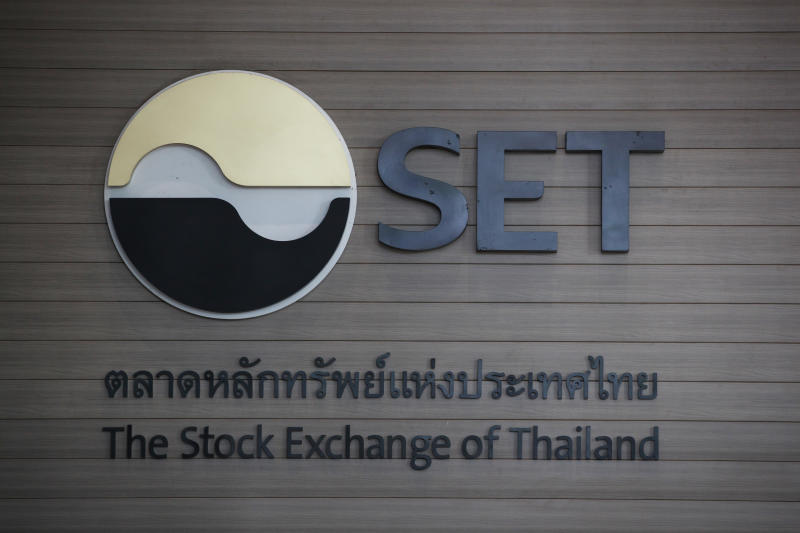
Most Southeast Asian stock markets rose on Thursday, with the Stock Exchange of Thailand gaining for the sixth session in seven trading days, as negotiations between the United States and Europe over reducing trade barriers calmed fears of a transatlantic trade war.
Trade talks between the two sides included scrapping auto tariffs on European carmakers, while also seeking to resolve US tariffs on steel and aluminium, among others.
The SET index earned 11.79 points or 0.70% to close at 1,701.87, in turnover worth 49 billion baht, its sixth session of gain in seven, on the back of energy and financials.
Siam Commercial Bank Pls, up 1.9%, and PTT Plc up 0.5%, were among the top contributors.
Philippine shares ended over 2% higher, with industrials and real estate stocks accounting for more than half the index gains. SM Investments Corp and SM Prime Holdings closed 3.9% and 3.3% higher, respectively.
The Philippine central bank will resume cutting the reserve requirement ratio next year, in line with its goal, and bring it down to single digit levels, its governor said on Thursday.
"The move would in a way spur economic growth for the country since more funds are released into the system, but it also adds inflationary concerns for the market" said AB Capital Securities analyst Lexter Azurin.
"The reserve requirement for Philippines is quite high and the move is basically to be in line with other financial industries in the region" added Azurin.
The finance-heavy Singapore benchmark ended slightly higher, led by top lenders DBS Group Holdings, United Overseas Bank and Oversea-Chinese Banking Corp.
Singapore's industrial production rose 7.4% in June, led by gains in marine and offshore sector, data showed on Thursday.
Malaysian shares ended marginally higher with gains in utilities outweighing losses in telecommunication stocks.